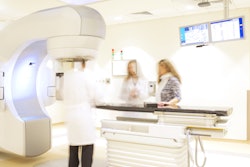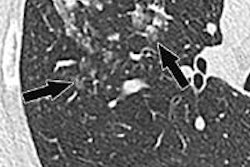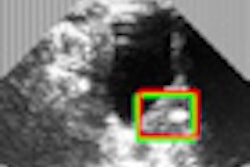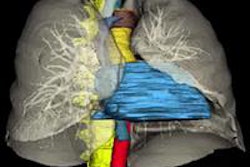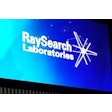Researchers in Australia have begun a lung cancer trial that uses a new technique called stereotactic ablative body radiotherapy (SABR) to treat tumors that have spread to the lung from a primary tumor elsewhere in the body.
The trial will aim to quantify the benefit of SABR in patients with secondary tumors of the lung, evaluating the cost of treatment and assessing cost-effectiveness, as well as quality of life after treatment, according to researchers from Australia's Trans Tasman Radiation Oncology Group (TROG).
Currently, patients with secondary cancers of the lung, who are not expected to survive long-term, are often treated with chemotherapy or other systematic drugs, said lead researcher Dr. Shankar Siva in a statement. In contrast, the study team expects the new treatment, which is noninvasive and can be administered in an office visit, to be at least 90% successful.
The researchers anticipate that the new treatment will someday be offered as an alternative to surgical tumor resection or to patients who cannot undergo surgery, they stated.
The randomized trial will recruit 100 patients over the next three years, with results to become available in five years.




